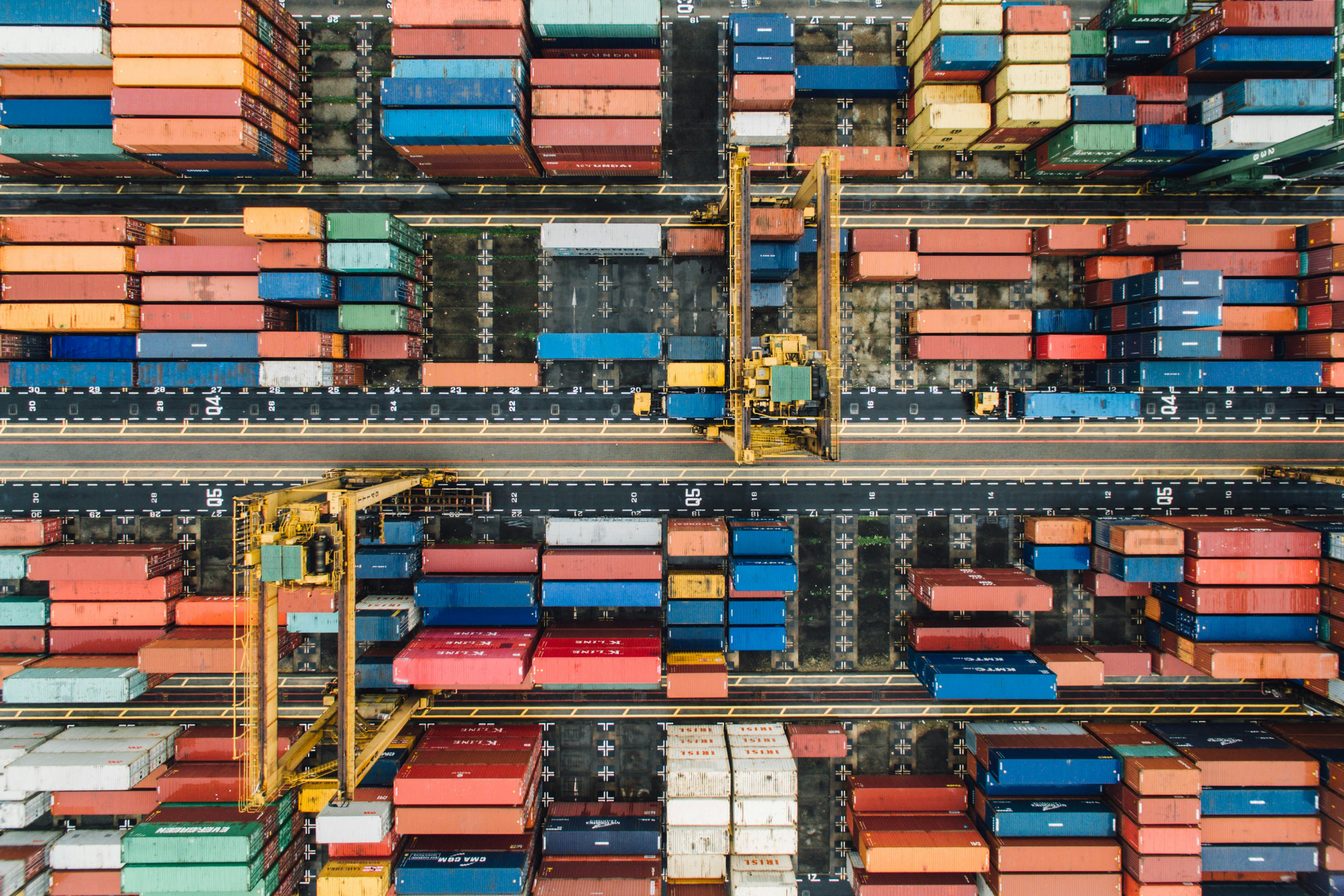Kazakhstan is set to host an internationally accredited laboratory for rare earth metals, a move expected to bolster the country’s role in global supply chains for critical raw materials.
Minister of Industry and Construction Yersayin Nagaspayev announced that agreements have been reached with two leading global laboratory brands, RCI Inspection and PARAGON, to open a geo-analytical facility in Astana under their certification. The site will include core storage and archival repositories. Preparatory work on design and feasibility studies is already underway.
The initiative follows President Kassym-Jomart Tokayev’s September 8 address to Parliament, in which he emphasized the strategic importance of rare earth elements (REEs) for Kazakhstan’s long-term economic development. The laboratory will be established under the National Geological Service and is scheduled to open by mid-2026.
Tokayev also directed the government to launch at least three high-tech production facilities using rare earth metals within the next three years, citing their growing importance in global trade and technology.
“Given global trends, rare earth metals and other critical materials are acquiring particular significance. Kazakhstan has all the capabilities to firmly integrate into global production and trade chains,” Tokayev said.
Rare earth metals, a group of 17 elements including scandium, yttrium, and the lanthanides, are essential for manufacturing electronics, batteries, renewable energy equipment, and defense technologies. Despite holding substantial reserves, Kazakhstan has traditionally exported REEs in raw form, a practice that has sparked concern among lawmakers.
Nagaspayev outlined four strategic priorities for domestic processing:
Battery materials production
Recycling, including permanent magnets
Heat-resistant alloys for turbine engines
Semiconductor materials manufacturing
Kazakhstan is building partnerships with the EU, U.S., Japan, South Korea, and China to advance these sectors. Planned projects include:
A 15-ton-per-year gallium plant
Production of high-purity manganese sulfate and graphite for battery use
Nickel-based superalloys for advanced manufacturing
Pilot recycling of permanent magnets is scheduled to begin next year at the Zhezkazganredmet and Ulbinsky Metallurgical Plant, in cooperation with European partners.
“Source: The Times Of Central Asia”

 English
English


